I can sum Witch Watch in a word: forgettable. As I sit down at my laptop to bang out this article, I remember little of the series, and I had finished watching the series a few days ago. It’s not that Witch Watch is terrible, that I remember of it. The story is a romantic comedy in a sitcom format. And few sitcoms stand out to me. Part of that is my sense of humor doesn’t really align with anime humor. It’s rare for an anime to make me chuckle. Rarer still to laugh out loud. Those stories tend to be satirical. I enjoy satire like Seinfeld, and the Witch Watch scenes that poked fun at anime tropes amused me. Most American comedies also leave me cold, so it isn’t an anime humor problem. Most comedies amuse me like old Sunday comic strips amused me back in the day. Growing up, I looked forward to when my dad would pick up the thick Sunday paper on his way home from church. I would read the newspaper–except the sports, never the sports–and leave the store flyers (video games!) and comics for last. Yeah, I was a strange tween and teen.
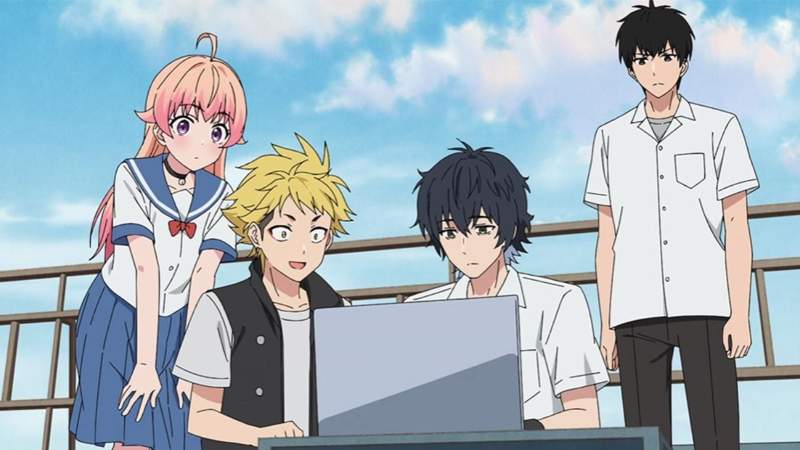
Most anime comedies, like those comic strips of the previous century, are smile-inducing amusement with their jokes, which makes them largely forgettable. I went back and revisited several episodes of Witch Watch to jog my memory before writing this.
Witch Watch centers on Nico Wakatsuki, a teen witch like Sabrina–because we can’t not do teens in anime–who returns to live with her childhood friend and ogre Morihito Otogi. Witches in this world take on familiars to help protect them. Nico wants Morihito to be her familiar, and he’s already her longtime crush. But he doesn’t overtly feel the same toward her because of his sense of duty raised as an ogre and as a familiar. Nico is a magic klutz, but she has a kind and helpful heart. Her spells end up with unforeseen side effects, like a magic powder designed for people to enjoy her bad cooking but ends up attracting people to her instead. Morihito then has to come to her rescue. Nico’s oopsies act as the jokes. A prophecy that something terrible will happen to Nico keeps Morihito and Kanshi Kazamatsuri, a tengu and Nico’s other familiar friend, on edge.
The character dynamics are standard. Morihito comes off as dense and unaware of Nico’s feelings toward him. But the story often points to how he isn’t dense. He bottles up his feelings out of a sense of duty as her familiar and protector. This isn’t a love triangle story, however. Kanshi and other roommates, refreshingly, work as a wingmen–a literal wingman in case of the tengu–for Nico. They often plot ways to push Morihito and Nico together, but it doesn’t work out. This part of the story stuck out in my memory because of how unusual it for anime stories.
As romantic comedies go, there’s really no fan service. Most surrounds the witch Nemu Miyao, who has the ability to shapeshift into a black cat. But she reverts to her human form when she falls asleep. She wants to recruit Morihito as her familiar, where she continually fails and ends up with Morihito petting her in her cat form until she falls asleep. Wolf, the werewolf side of the quiet Keigo, who ends up living with Nico and gang, knows her secret. There’s a faint sexual element to Nemu and Morihito’s cat petting dynamic (and later with her crush and resident Keigo/Wolf) with how Nemu refers to how her body craves his petting, but that’s the furthest the fan service goes.
The found family dynamic of the show is interesting. All of the characters around Nico are outcasts in some way because of their personalities or abilities. They find acceptance and comfort with each other, but living together in Morihito’s house isn’t always easy–and serves as a source for some of the comedy. Acceptance plays a role for Nico’s character arc with her classmates growing to accept and then appreciate her magic. Morihito, too, has an acceptance arc, involving the people around him warming to him to the point where he allows himself to geek out about his favorite things.
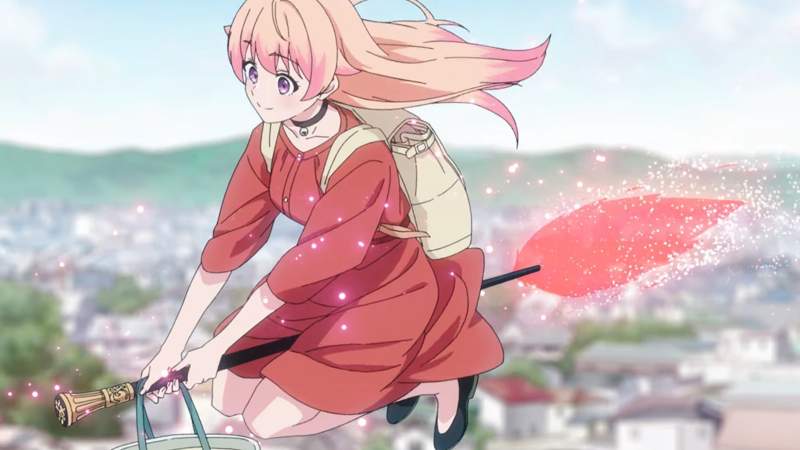
Witch Watch isn’t a bad show. The found-family scenes and acceptance character arcs are quite good. The show has middling animation; there’s far worse out there. The jokes and antics didn’t annoy me as so many comedies annoy me, anime and American. The characters aren’t terrible either. Morihito is capable and thoughtful, which is great to see. He doesn’t act without thinking his actions through. His sense of duty and quiet conflict isn’t as developed as I would’ve liked, but this is a comedy, not a literary introspection. Still, he’s a refreshing character. Nico is the ditz who doesn’t think consequences through, which provides a balance for Morihito. The use of magic as an element offers more flexibility in the comedy of errors. Nico is…fine as a character. She’s likeable in how she tries to help people and her genuineness. She has a character arc that ties the show together, and it’s nice that she doesn’t have a tragic history. Instead, she faces difficulties most people face growing up, making her a character many can identify with.
My meh feeling toward the show stems from my general meh of comedy. I do enjoy anime comedy more often than American comedies. I can’t sit through an American comedic film with the exception of Mystery Science Theater 3000, but that show is satirical and sometimes has some deep commentary cuts. Witch Watch handles its comedy better than many other stories. Bleach‘s try at comedic relief with Pesche Guatiche and Dondochakka Birstanne still serves as a benchmark for how not to do comedy. I stopped watching Demon Slayer because the comedic characters got under my skin. I need to try watching it again because of its popularity. Witch Watch never annoyed me. Comedy is a matter of taste. If you enjoy comedic anime, Witch Watch does some things differently than many other anime comedies I’ve seen.
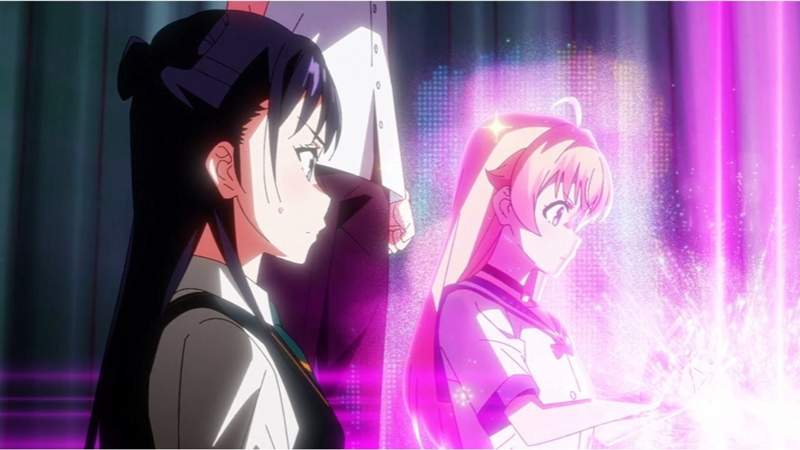
Witch Watch isn’t any more forgettable than other stories I’ve seen. It’s light fare. Forgetting about the show as soon as I had speaks more to my taste in comedy than anything about Witch Watch. But just as we don’t remember every meal we eat, my time watching Witch Watch will inform my writing in some way I’m not aware of. Everything the mind consumes influences how we think–or how I write and think about stories. Although I largely forgot the episodes, pieces of the scenarios and characters will float in my unconscious mind, the creative well. The pieces will snap together with fragments from other stories to create ideas. So my time wasn’t wasted. Give Witch Watch a try if you enjoy comedies. It’s the only way to know if the show will suit your tastes or not.
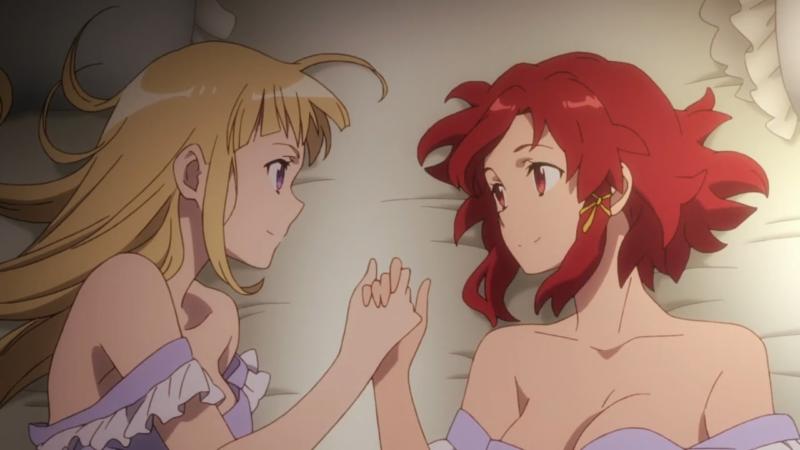
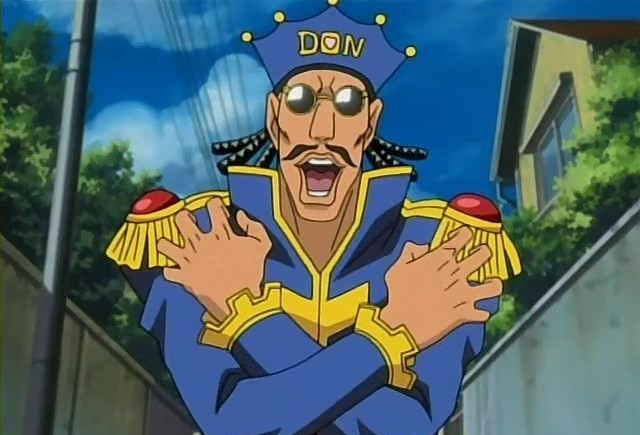
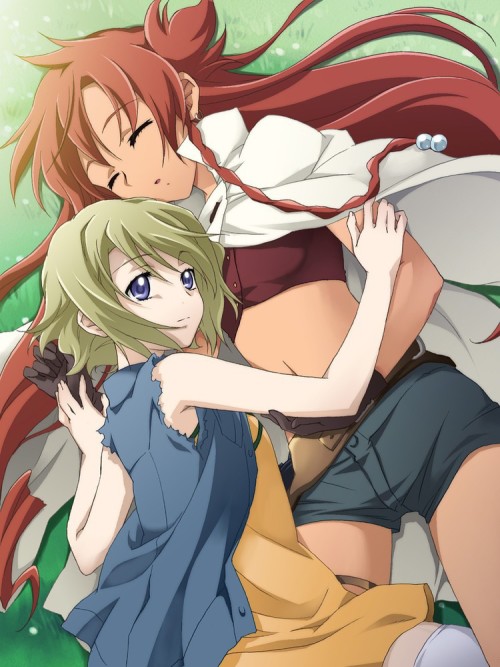
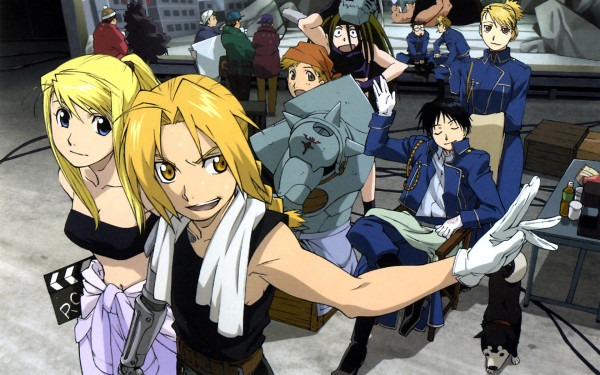

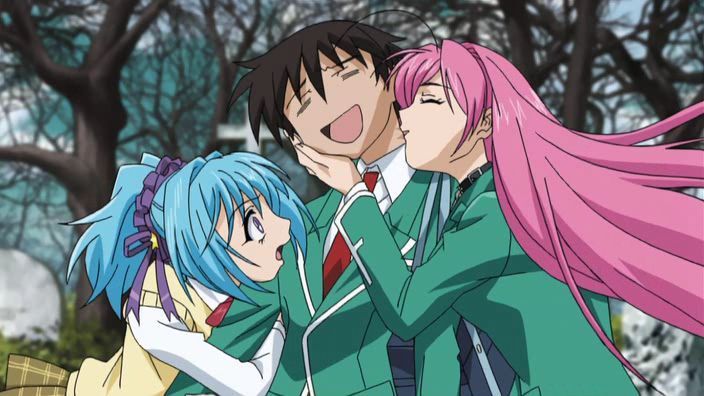
Well, that’s interesting thanks